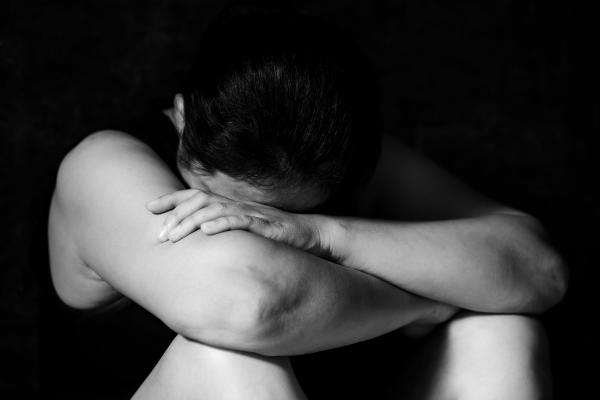The Role of Civil Litigation in Sexual Abuse Cases: Seeking Justice and Compensation
Healing from sexual abuse is a lifelong process. The consequences for the people who directly perpetrated the abuse or else made it more difficult for the victim to get out of the abusive situation are often not the most significant factor in the long-term wellbeing of survivors of sexual abuse. You might think that it is pointless to file a civil lawsuit against the person who abused you or the institution under the auspices of which the abuse took place. If you prevail in your lawsuit, the court might award you money, but money cannot change the past or erase your suffering. It can, however, pay for your healthcare and provide some financial stability that will free up some of your time to focus on living your best life and helping others.
Even if you do not care about the money, a court decision in your favor shows that the law is holding someone responsible for the abuse that you suffered. A Whittier sexual abuse claims lawyer can help you pursue a civil lawsuit related to sexual abuse that you suffered when you were younger.
What is the Relationship Between Civil and Criminal Cases?
Most people who commit sexual abuse or sexual assault never get criminal penalties for their crimes, but that does not mean that there are no consequences. The criminal process has numerous safeguards to protect against wrongful conviction and punishment of the innocent; some of these protections are enshrined in the Bill of Rights. Criminal defense lawyers can sometimes exclude pieces of evidence if the prosecution obtained them illegally, limiting the evidence that the jury can see. If the victim is a minor, prosecutors may even decide not to ask him or her to testify, for fear that it will harm the victim more if he or she must talk to lawyers about the abuse than if the defendant does not get convicted; by contrast, adult victims can make an informed decision for themselves about the costs and benefits of testifying against their abusers. Furthermore, the jury cannot convict the defendant unless none of the 12 jurors has any doubt about the defendant’s guilt.
Regardless of the outcome of the criminal charges the abuser faces, if any, survivors of sexual abuse have the right to file lawsuits in civil court against any parties legally responsible for the sexual abuse. If the abuser pleads guilty in criminal court or is convicted at a criminal trial, and the victim sues later him or her in civil court, the civil court will automatically rule in favor of the victim. If the criminal case had any other outcome, or if there was no criminal case, the victim may or may not prevail in a civil lawsuit. For this reason, abusers sometimes plead no contest in criminal court when the evidence against them is so strong that a jury is almost certain to convict them at trial; defendants who plead no contest get the same criminal penalties they would get for a guilty plea, but there is still a chance that a civil court will rule in their favor if the victim of the crime files a civil lawsuit.
Whereas the standard of evidence in criminal cases is beyond a reasonable doubt, it is a preponderance of the evidence in civil cases. A preponderance of the evidence means that there is more than a 50 percent chance that the plaintiff’s claims are true.
Any party that had a duty to protect the victim from abuse can be a defendant in a civil lawsuit arising from sexual abuse, not just the person or people who personally abused the plaintiff. If the abuser met the plaintiff through the abuser’s place of employment, such as a school, summer camp, sports league, or church, the abuser’s employer can be a defendant.
Determining Damages Award in Sexual Abuse Lawsuits
The civil courts determine damages awards for sexual abuse claims similarly to how they determine damages for other tort claims, including but not limited to personal injury lawsuits. The plaintiff can request economic and noneconomic damages. Economic damages are reimbursement for the financial losses that the plaintiff suffered because of the abuse, such as past and future medical expenses and past and future lost income. Noneconomic damages compensate for the plaintiff’s suffering that does not directly relate to financial losses; in other words, they compensate for the non-financial ways that the abuse changed the plaintiff’s life for the worse.
Contact the Law Offices of Omar Gastelum About Sexual Abuse Lawsuits
A sexual abuse claims attorney can help prevail in your sexual abuse claim. Contact the Law Offices of Omar Gastelum and Associates APLC in Whittier, California to set up a consultation.
A Whittier sexual abuse claims lawyer can help you recover economic and noneconomic damages in a civil lawsuit.

